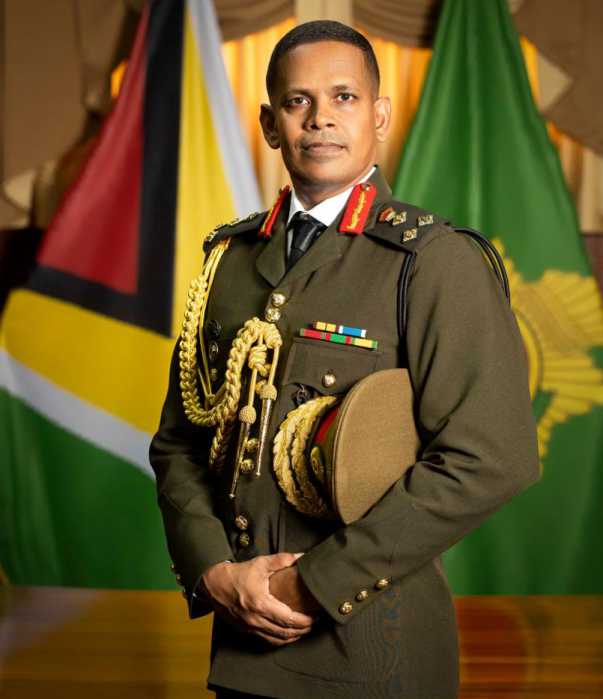Encouraged by Guyana’s massive oil and gas find in the past two years, several Caribbean Community countries — not the least of them being Jamaica — are beginning to aggressively invite foreign companies to explore for hydrocarbons, confident that these mostly small island nations are sitting in unexplored basin not too far from Venezuela that is bound to contain commercial quantities.
Just this week, Tullow Oil of the UK announced plans to return to waters off Jamaica’s south coast to explore a field of “live oil” that local fishermen had pointed them to earlier this year.
Tullow Oil engineers had back in February seen the live oil while conducting seismic work off the coast but had quickly dismissed it as waste from a passing cruise ship or two or had determined that it was the work of some of the local fishermen themselves who had dumped oil overboard. The firm changed its mind after local fishermen had insisted that the seepage was new and unusual.
The Gleaner Newspaper reported this week that the firm, which also has offshore blocks in Guyana near to where US oil giant Exxon Mobile has successfully drilled seven oil and gas-bearing wells, will step up 3D seismic surveys in the coming months, clearly motivated by the discovery of the live oil floating on top of the turquoise waters of the northern Caribbean island.
“The data in Jamaica will be used to refine the location of a potential 3D seismic survey planned for 2018,” said Tullow Country Representative David Barrett. “We cannot give exact dates or costs for the 2018 3D seismic survey at this time as the work program for next year is yet to be finalized.”
Analysts say the collapse of the Caribbean sugar, bauxite and banana sectors in the past two decades has forced governments to seek alternative sources of revenue to fund development projects. Oil and gas is one area in the sights of governments as revenue streams from duty free trade in the bloc of 15 nations have also dented the potential earning levels of member countries.
In Jamaica’s case, the Petroleum Corporation has already signed a production sharing agreement with Tullow, dating back to 2014 even before pumping a single barrel from the seabed. Authorities are confident of a commercial find or two as the island is not too geographically far from the oil and gas-rich Gulf of Mexico. This is also true for the Bahamas which recently announced plans to have international companies drill in very deep waters off the coast. Officials have acknowledged that promising indications from neighboring Cuba have galvanized them into action.
But even as Jamaica and Guyana move forward, regional experts are urging Caribbean people to focus on Suriname, Guyana’s neighbor to the east. Suriname has since the 70s been producing oil, having accidentally found the black gold in western Suriname while engineers were drilling for water on land.
Just last month, Tullow Oil again featured in a Caribbean country as it announced plans to begin exploratory drilling off Suriname’s eastern coast, not that far from Exxon’s concession across the waters in Guyana.
“We are looking for cheap, light oil in geographic areas in Africa and South America that we know well,“ said Ian Cloke, the company’s executive vice president responsible for new and emerging investments. “The exploration of Araku-1 in Suriname is on track to start in the fourth quarter. By the end of 2017 we will have carried out six seismic investigations at low cost. We are therefore in an excellent position. The drillings in block 54 follow recent discoveries of huge oil reserves in the coastal area of neighboring Guyana by Exxon Mobil Corp. The cost of drilling in the area is about US$150,000 a day, which is one-fourth of the price before the oil price collapsed three years ago,” he said.
Barbados is also getting busy, tapping Shell and Repsol of Spain to look at offshore blocks while Grenada is beginning to dust off old data maps to show international oil companies. After all, it is just 50 miles from Trinidad and Tobago, the largest regional producer at 70,000 barrels per day. Suriname does about 15,000, Barbados 1,500. Guyana expects to start at 120,000 when actual production begins late 2019 or early 2020 the company has already said.


























